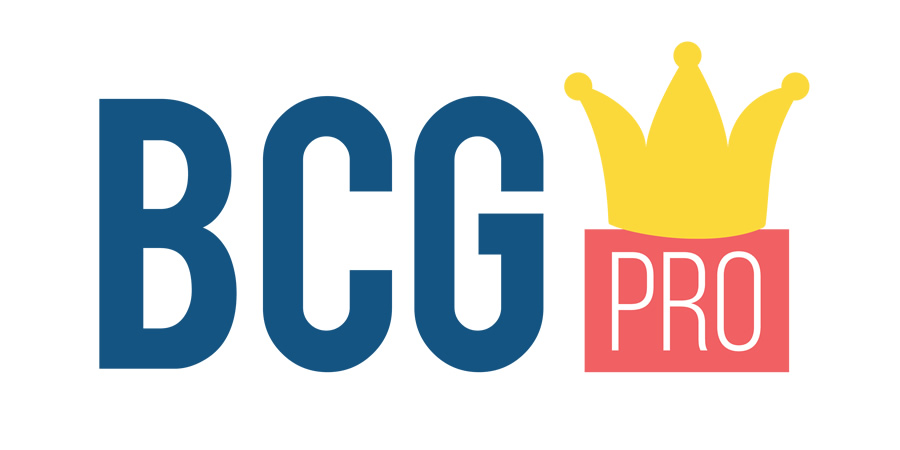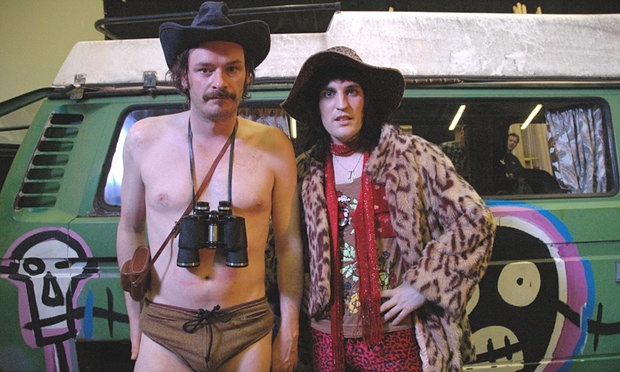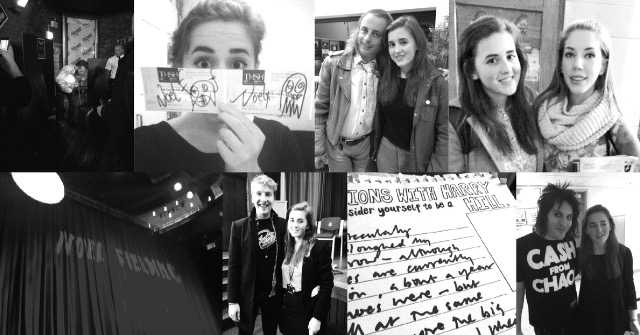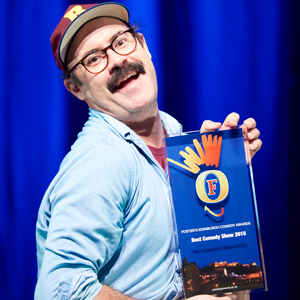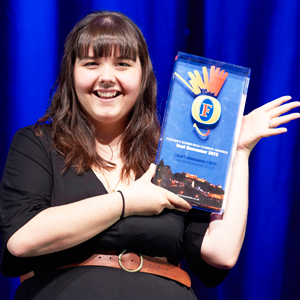Martin Pilgrim worked as a stand up comedian for six years before deciding to quit the profession in the summer of 2015. Although Pilgrim retired from his job as a stand up, this does not mean that he didn’t enjoy his fair share of success, with the comic performing his debut solo stand up hour Diary Farmer at the Edinburgh Festival in 2014.
So what is it that made him decide that the role of stand up comedian no longer suited him? To gain insight into the thought processes behind Pilgrim’s career change, I asked him a few questions…
1) What drew you to comedy in the first place?
I was in a lot of bands at school and I started to enjoy being on stage. I was never a very good musician but I always liked writing lyrics. I joined a ska band (the curiously named Damn Good Fondling), which allowed more scope for funny lyrics than the punk bands I’d been in before, where all the songs had to be about how much you hated George Bush even though you lived in rural Dorset. Strangely the drummer in the ska band was Jake Baker who is now a brilliant stand-up comedian in London.
I tried to carry on with music in my first year at university but I found myself suddenly surrounded by loads of amazingly talented musicians and I couldn’t keep up. During the summer after my first year I started to think about other ways that I could get on stage with the minimum amount of hard work. I’d seen a great student comedian towards the end of that year and I was struck by how everyone wanted to talk to him and buy him drinks after his performance. He didn’t have to be funny off-stage because he’d already proved himself.
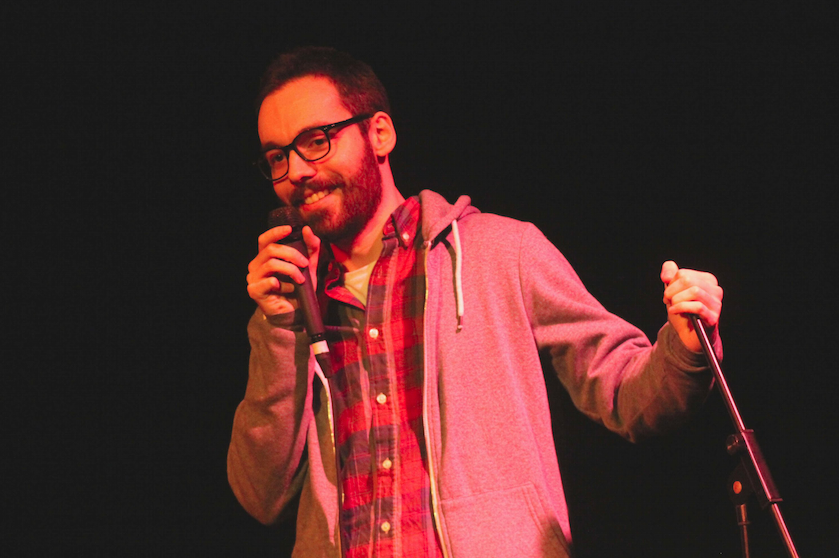
Martin Pilgrim
This seemed like a great system to me. I decided to try and emulate him so I wrote some truly terrible one-liners and I read them straight off my phone at an open mic night. All my friends came and it went surprisingly well, mostly because of the home crowd rather than the quality of the material. After that I started performing regularly around Exeter, where I was at university at the time. The city didn’t really have a comedy scene so I was a bit of a novelty at most of the places I performed. This gave me a false impression of how good I was which wore off pretty quickly when I started to perform outside of the city.
2) What was the catalyst for your decision to quit comedy?
I just stopped enjoying it really. I’ve got a fairly tiring day job and I was less and less willing to travel in the evenings. I realised that I’d begun to feel relieved when a gig got cancelled, which is not a good sign. I also realised that I didn’t have anything particularly new or interesting to say. As much as I enjoy listening to bearded young men moaning about being single, I didn’t feel like I had a fresh enough take on it to warrant my place on a bill, particularly at the expense of someone who might be trying to do something brave or different.
3) Were there any comedians that you felt you couldn’t compete with?
Most of them really. I’m a decent enough writer but I’m not a natural performer. I’ve got friends who are born comedians and I started to realise that I wasn’t talented in the same way as them. I could trick an audience into thinking I was comfortable on stage but I never really was.
4) Which element of your comedy career do you look back on most fondly?
The friends I’ve made along the way. I’ve met interesting artistic people in every corner of the country, and the great thing is I don’t need to be performing to maintain those friendships. I live with three people that I met through comedy and I actually go to more live comedy since I’ve quit. It’s great to enjoy stand-up from a civillian perspective without having to see the performer as a rival. I’m also proud that I managed to do an hour at the Edinburgh Fringe. The show wasn’t a massive success but just sticking it out for the whole month felt like quite an achievement.
5) Do you feel like you got what you wanted from comedy?
Pretty much, yeah. Obviously it would have been nice to progress a bit further than I did, but I got to do something I enjoyed for 6 years and then I was able to walk away when I stopped enjoying it. I’d like to move into comedy writing in the future and hopefully my time as a stand-up has equipped me for that. The idea that I can write something from the comfort of my room and then not have to go through the stress of performing it seems a bit too good to be true!
6) Do you see yourself returning to stand up in the future?
Probably not. A few things have happened to me since I quit which, in the past, I would have automatically turned into stand-up material, but now I’ve got a column in a local magazine and so I’m able to tell these stories that way instead. I’d only get back on stage if something absolutely life-changing happened to me and stand-up was the only way to talk about it. However, since I work in a Post Office and spend most of my free time watching Netflix, I think that’s unlikely at the moment.
MARTIN PILGRIM NOW WRITES A REGULAR COLUMN FOR BRISTOL 24/7

